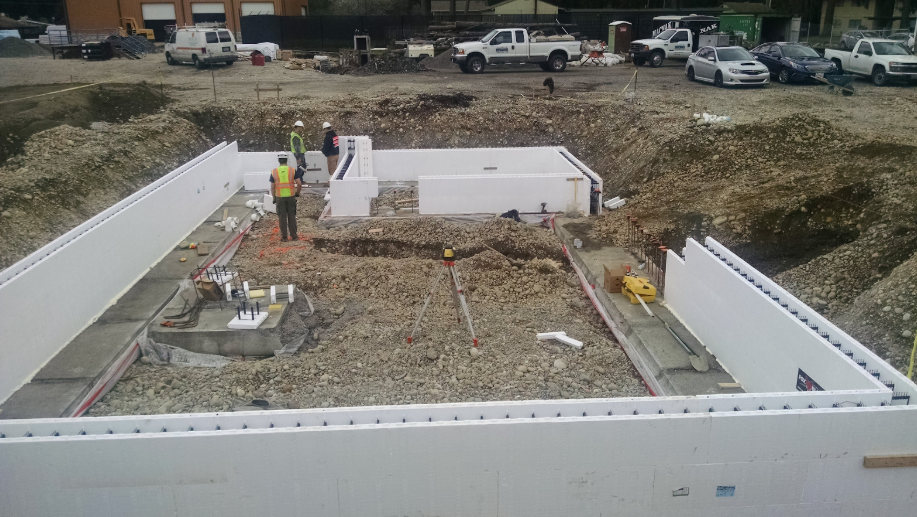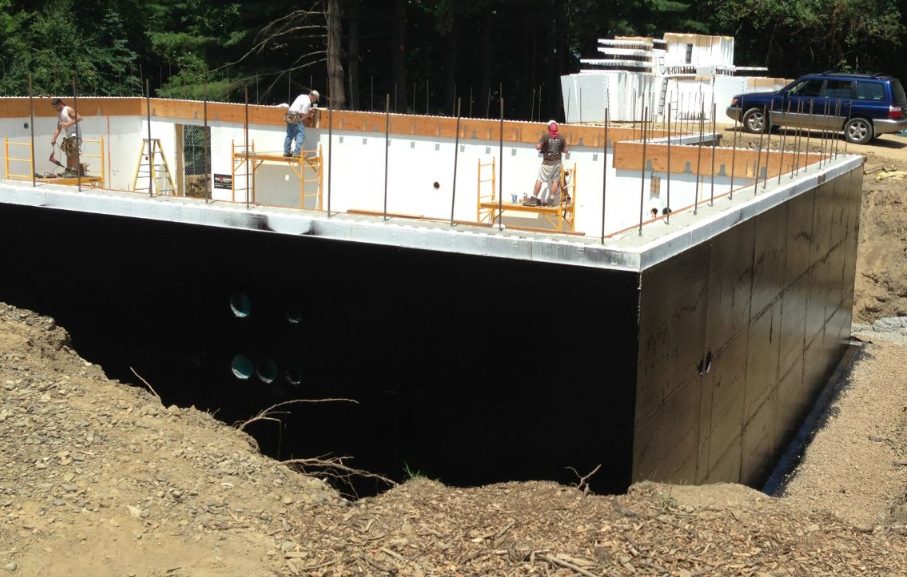
4 Energy Efficient Materials to Consider for Your Next Residential Project
Energy efficiency isn’t just a trend in architecture and construction, it’s a requirement. Architects and contractors now regularly implement sustainable methods into their projects, and housing is no exception.

How to Build a Wind-Resistant Home with Fox Blocks ICFs
Tragically, between 2000 and 2017 there were 894 wind and 1417 tornado-related deaths. In 2017, 36 percent of the wind and 63 percent of the tornado-related fatalities happened either in a mobile or permanent home. A wind-resistant design is critical to a home’s integrity and a family’s safety.

What R-Value Do You Need for Basement Walls?
The proper R‑value of basement walls will produce energy-efficient, durable, healthy, and comfortable homes. Learn what R‑value your basement walls should have.

Decoding Net-Zero Homes: Understanding the Concept and How to Build

4 Alternative Materials for Wood in Construction
Wood has been a staple in construction for centuries. From the humble log cabin to the towering skyscrapers of modern metropolises, wood always seems to find its place in construction.

Maximizing Energy Efficiency and Comfort with Insulated Concrete Forms
Energy costs keep climbing, making insulation energy efficiency more important than ever. Buildings that lose heat in the winter and trap it in the summer waste energy and drive up utility bills.
Building Beyond Code with ICF
While it may seem that having to comply with constantly-evolving building codes is just part of doing business in a modern society, that’s not really true.

11 Problems Associated with Structural Insulated Panels and a Better Alternative

The Overlooked Value of ICF in Resilient Building Insurance
Explore the overlooked value of ICF construction in resilient building insurance, lowering risk while boosting safety and efficiency.

Debunking the Most Common ICF Homes Problems Myths
Debunk the most common ICF home problems myths and uncover the real facts about insulated concrete form construction and performance.